On Thursday, July 4, Facebook user Wesly Michel posted a video which showed a man (who was White) demanding Michel identify himself and later calling the police because the stranger suspected Michel (who is Black) was trespassing.
Michel, a software engineer waiting for his friend to go inside, immediately started recording the incident, telling his confronter that he was going to be the "next guy on the TV."
The video quickly went viral with 1.4 million views and 34,000 shares.
Many saw it as the next video in a seemingly endless line of racial profiling caught on tape by minorities minding their own business in public.
The footage garnered huge amounts of attention due to the White man's son pleading with him to stop what he was doing.
The man who called the cops was later identified as YouTube Executive Christopher Cukor.
On the evening of Tuesday, July 9, Cukor published an article on Medium making an attempt to explain his rush to judgement. He blamed his overreaction on trauma from his past—apparently, in 2012, Cukor's father was murdered by a trespasser:
"My father was murdered outside his home by a trespasser who he confronted alone."
Cukor further tried to explain himself:
"For my child's safety, my safety and that of the building, I felt it was necessary to get help in this situation. I now realize that Wesly was reacting based on his unique history as well. Unfortunately, there is a terrible pattern of people calling the authorities regarding people of color for no other reason than their race."
According to the San Francisco Chronicle, Cukor's father was bludgeoned to death in 2012. The YouTube executive commented at the time that the police "shared the blame" since they were not there to protect him after a 911 call:
"We find this very disturbing, that a citizen's call for emergency help can go unanswered and leads to his death. My father should be alive, and we hope steps will be taken to ensure that this could never happen to another citizen."
Cukor also wrote in his Medium post about multiple robberies in the building.
Referencing the many videos that have gone viral depicting conduct similar to his, Cukor wrote:
"This is not uncommon in San Francisco. And the bad actors are all different colors....The last thing I ever intended was to echo that history — and I'm sorry my actions caused Wesly to feel unfairly targeted due to his race."
Despite Cukor's article, however, many on Twitter were still furious at what he had done.
People questioned why a man fearing for the life of his child grins and appears undisturbed by a "potential killer" stands near his child.
Would you not try to remove your child from danger? Would you not appear afraid?
There were others, however, who felt Cukor deserved some understanding after sharing his story.
Cukor has removed himself from major social media.
Michel has not responded to requests for comment on the YouTube exec's Medium article.
The book Racial Profiling: Everyday Inequality is available here.
"In the United States, racial profiling affects thousands of Americans every day. Both individuals and institutions―such as law enforcement agencies, government bodies, and schools―routinely use race or ethnicity as grounds for suspecting someone of an offense."

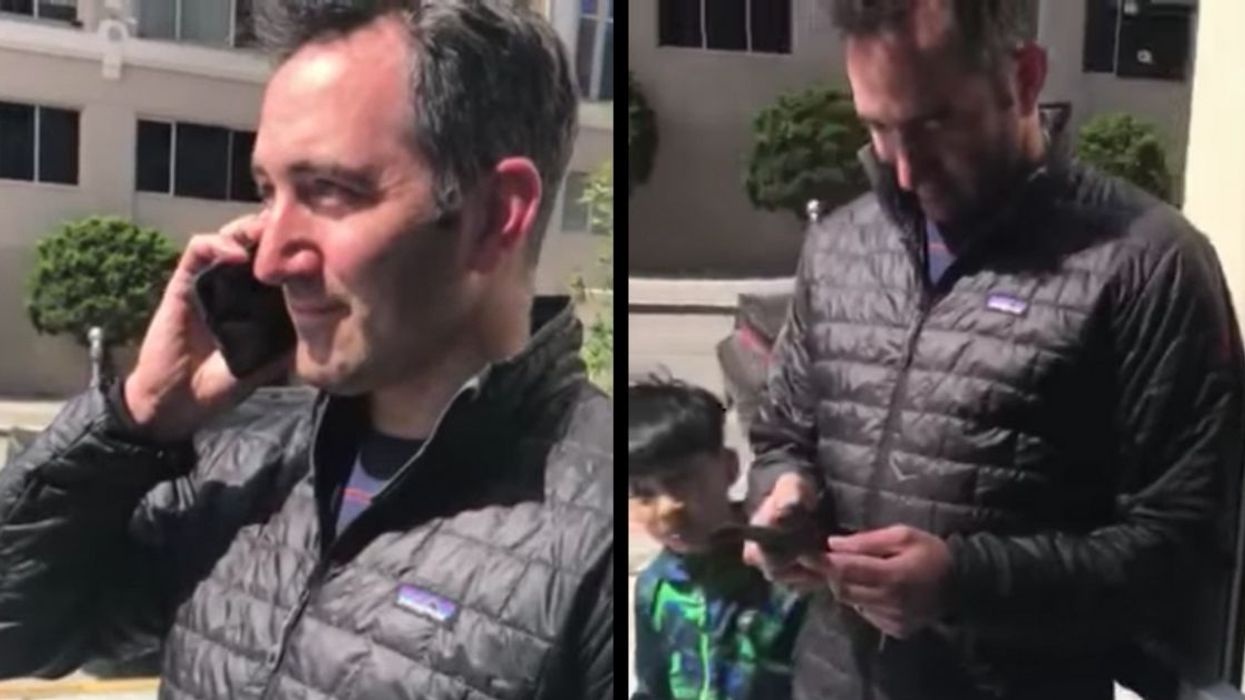

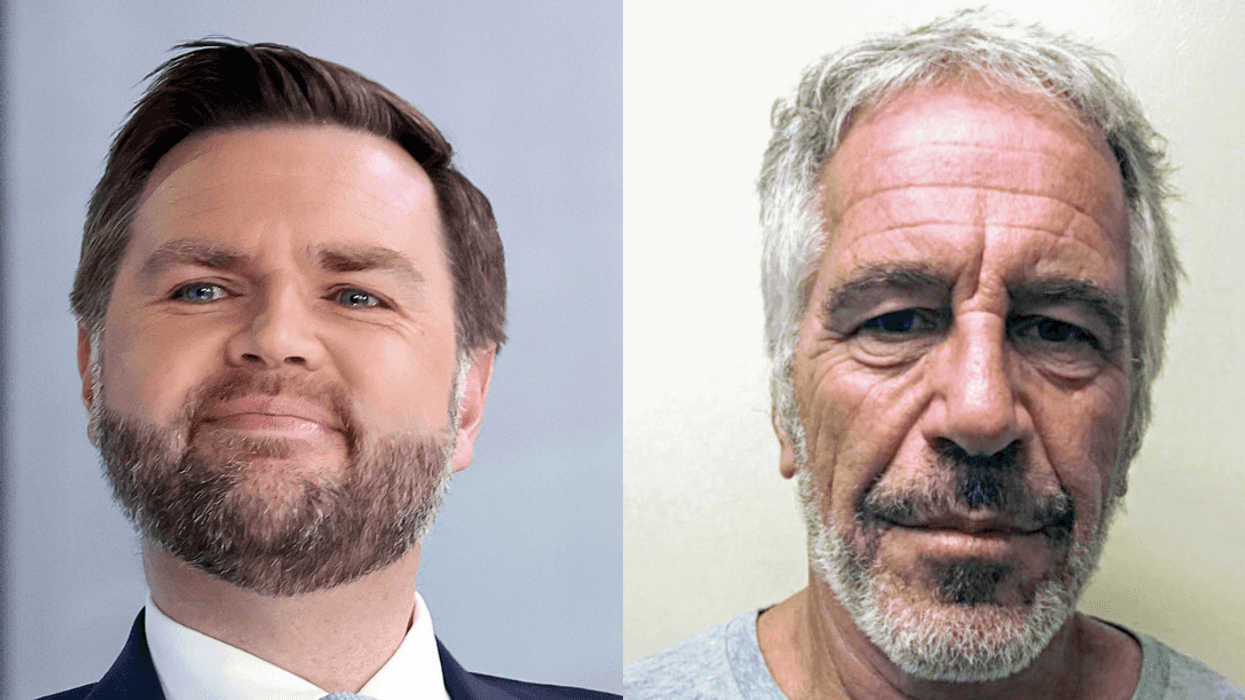
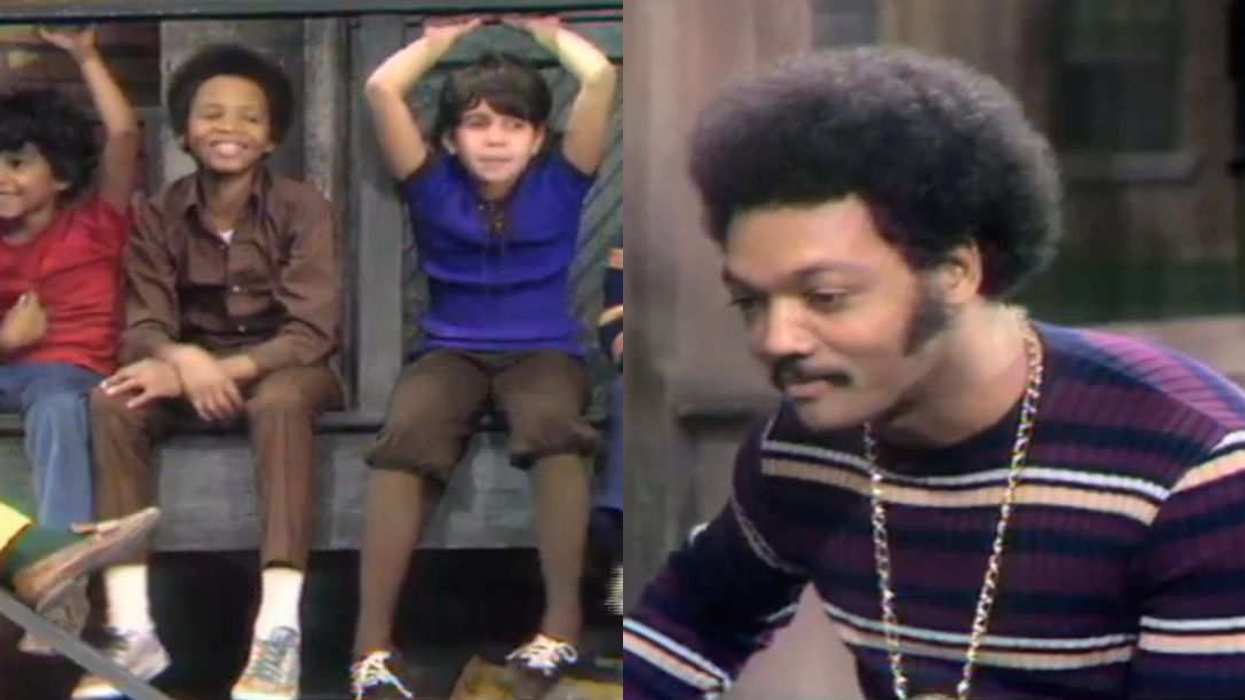
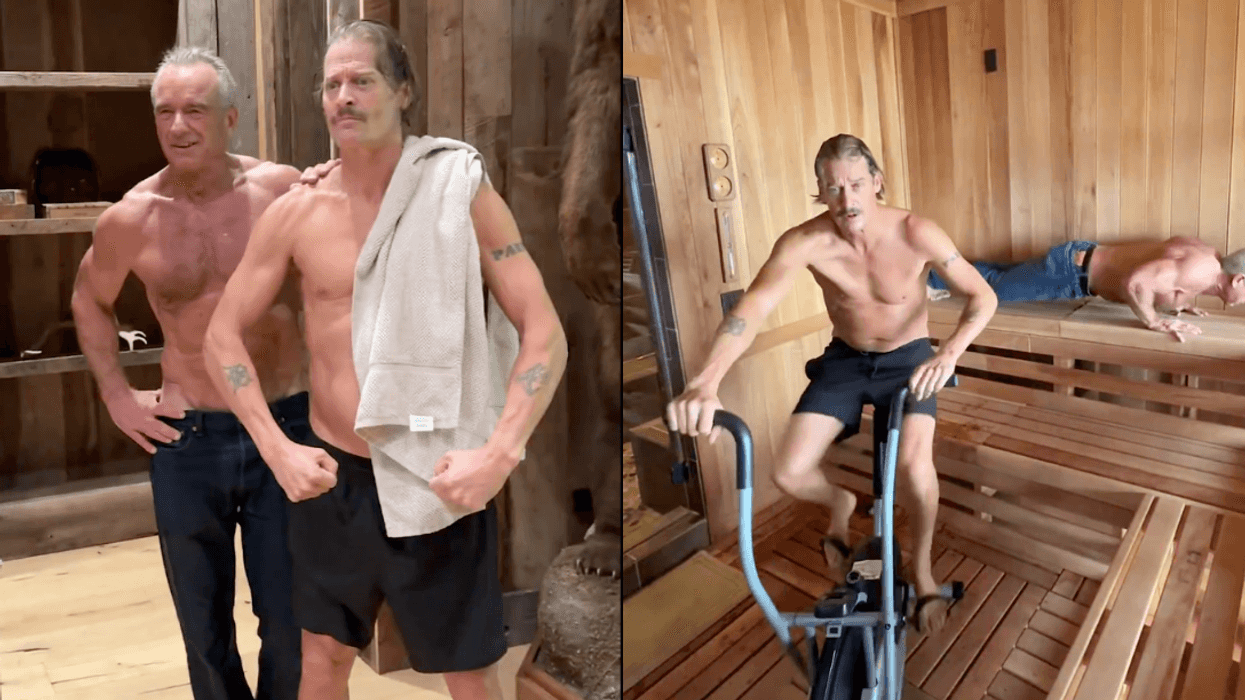
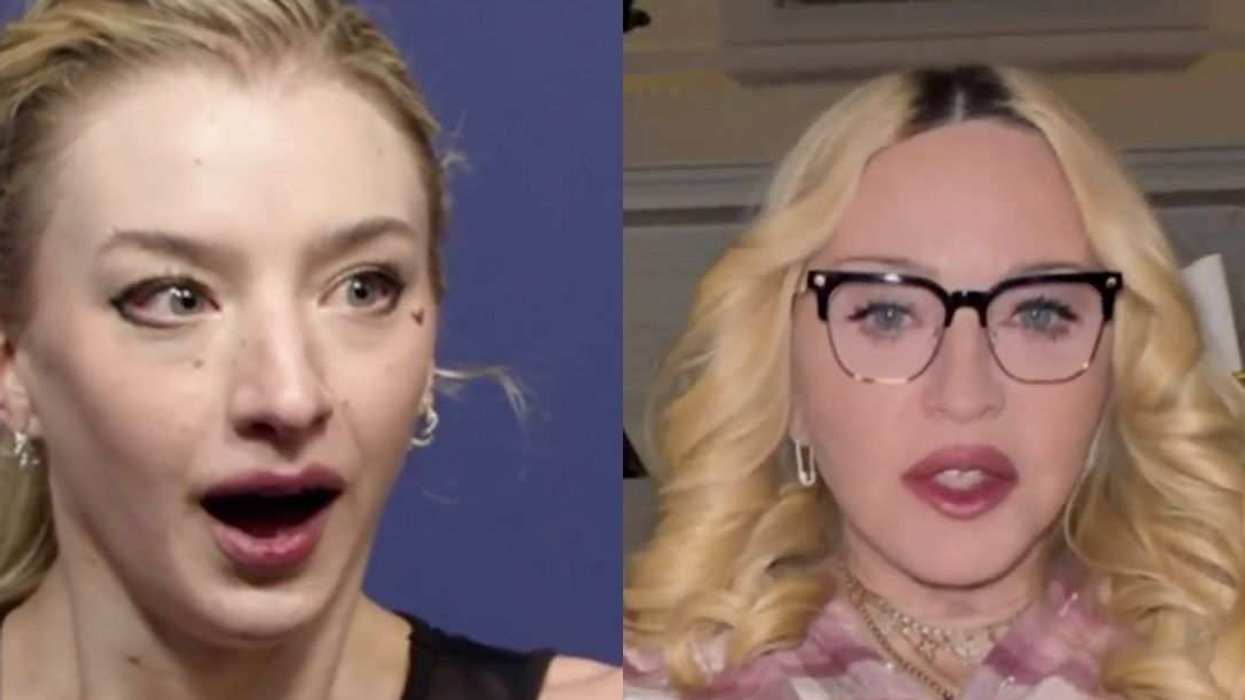







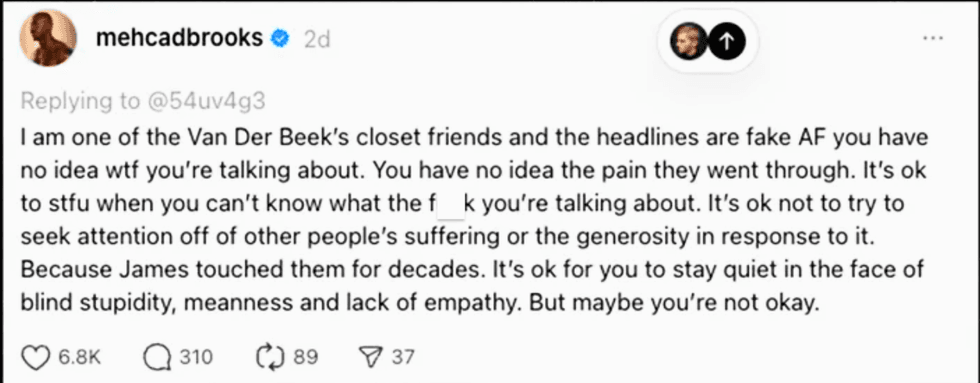 @mehcadbrooks/Threads
@mehcadbrooks/Threads
 @lamorne/Instagram
@lamorne/Instagram @bigbeaubrown/Instagram
@bigbeaubrown/Instagram @musiccitykristy/Instagram
@musiccitykristy/Instagram @phil_torres/Instagram
@phil_torres/Instagram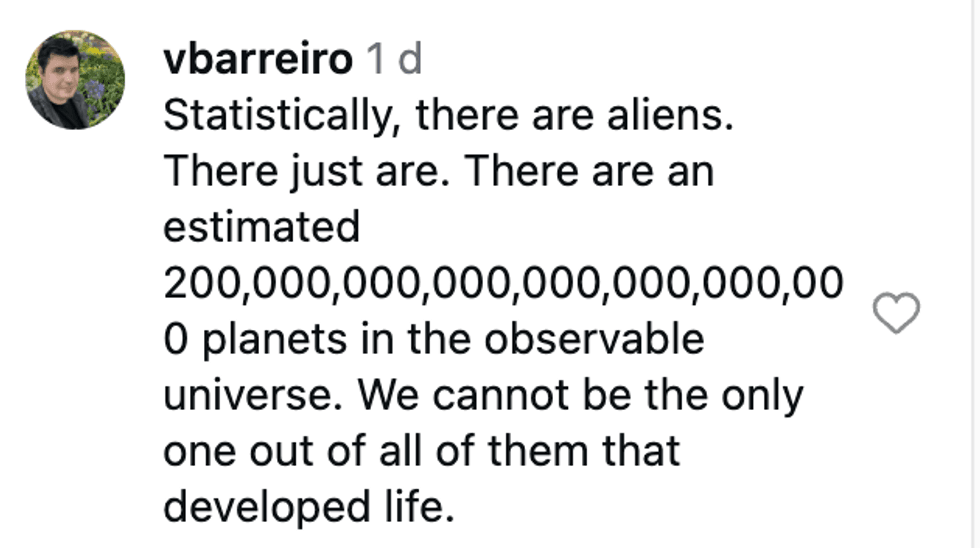 @vbarreiro/Instagram
@vbarreiro/Instagram @franklinjleonard/Instagram
@franklinjleonard/Instagram @br1an02/Instagram
@br1an02/Instagram @ohhelloitsmax/Instagram
@ohhelloitsmax/Instagram @frecklesmarie/Instagram
@frecklesmarie/Instagram
